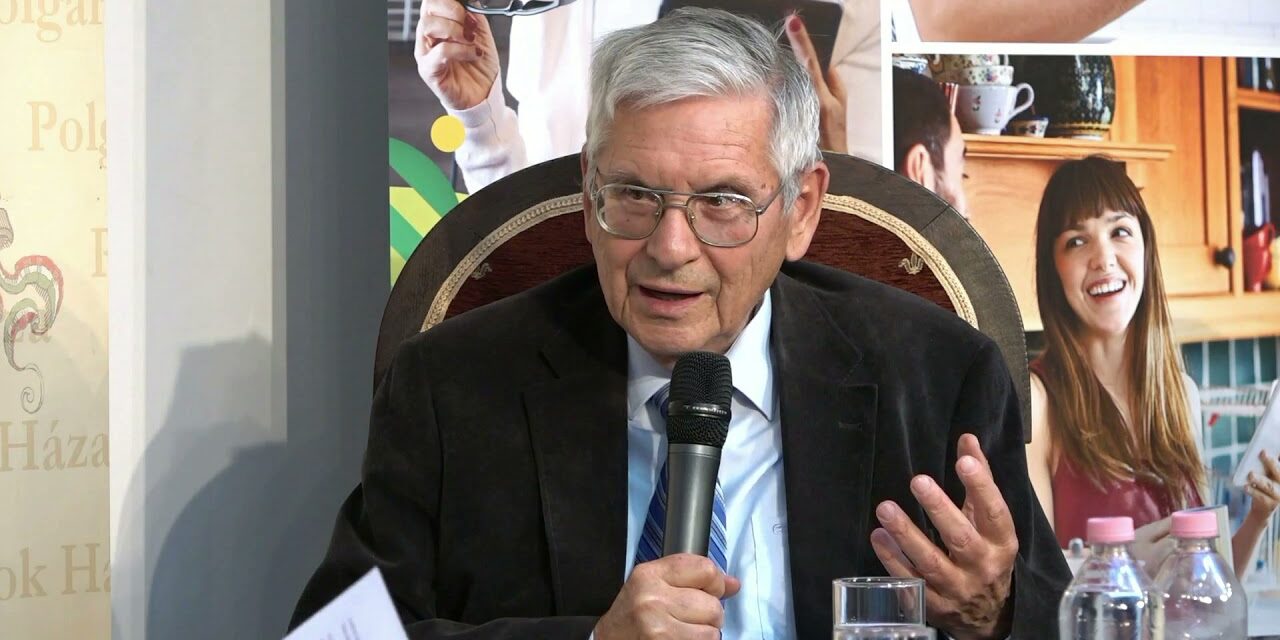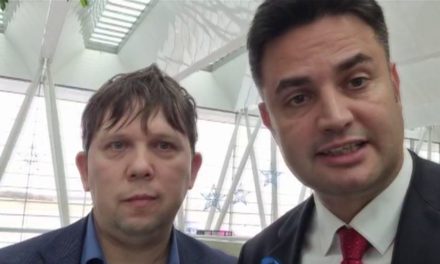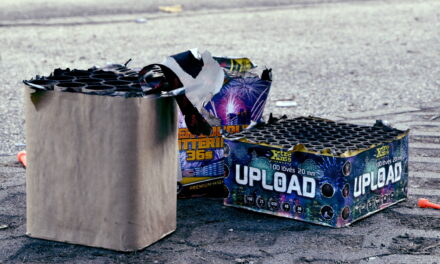NATO's goal is to wear Russia down - until it accepts Ukraine's accession to the Western alliance.
Leading German politicians are making more and more belligerent and frightening statements regarding the Russian-Ukrainian war, more specifically the Russian-backed power war. According to Ingo Gerhartz, Commander-in-Chief of the German Air Force and NATO General, Western countries must be ready to use nuclear weapons in the event of an emergency, which requires the political will. According to Gerhartz, the West is arming itself significantly, by 2030 the Europeans will have 600 modern fighter jets in the Baltic Sea region, which will be joined by American planes. If it comes to war, Germany will have to use the American nuclear bombs stored on its territory. For this, the Air Force will purchase 35 F-35 fighter jets.
The war mood is also strengthened by German politicians, Johann David Wadephul, CDU group deputy, for example, stated that Germany must build the strongest conventional army in Europe. German Foreign Minister Annalena Baerbock added that "We are working together with Poland and other partners to strengthen the supply of weapons, ammunition and heavy military equipment to Ukraine."
The possibility of using nuclear weapons is considered possible by those who at the time even laid down in front of trains carrying spent nuclear fuel, and in 2011, during the Fukushima nuclear accident, they organized a demonstration of 200,000 people in order to shut down nuclear power plants, which the German government has since carried out almost entirely. . Now, when it is not the non-existent dangers of a nuclear power plant, but a real nuclear war that is to be feared, no one goes to the streets to protest against the war.
Russia is threatening nuclear weapons because it is the only weapon in which it is balanced with NATO. Western countries have a thirty-fold advantage over Russia in terms of GDP and a fifteen-fold advantage in terms of military budget. NATO has 5.4 million soldiers, Russia only 1.3 million, the ratio of armored personnel carriers is 20,000 to 4,000, and warships are 4,000 to 600. is perfectly enough to destroy the world. The atomic bomb is the poor man's weapon because it is the cheapest in terms of destructive power, while, say, an aircraft carrier is extremely expensive.
The Russians say they would use nukes if they were under an existential threat. What do we mean by this? This would presumably occur if NATO attacked Russia with conventional forces or directly intervened in the war in Ukraine. It already intervenes indirectly, since the large-scale supply of arms to Ukraine is a clear intervention. An article by foreign policy analyst Bonnie Kristian was published in the New York Times on June 20, in which she ponders whether America is at war with Russia.
He mentions that American officials have confessed to helping kill Russian generals and shoot down the cruiser Moscow, and suggests that if Russian apparatchiks bragged about helping kill American generals or sink American warships, would there be any doubt about that? The author compares the military support given to Saudi Arabia in the war in Yemen with the help given to Ukraine, and points out that the development of technology, the use of drones and cyberwarfare gives America the opportunity to participate in wars without a single American soldier having to leave the country. , so the boundaries of participation in the war were blurred.
In addition to the questions raised, the interesting thing about the article is that it was published in the New York Times, which is a newspaper that tends to read articles inciting war. Incidentally, the author is a columnist for a Christian online newspaper, Christianity Today, where he recently exposed the lies of the mainstream media regarding the Russian-Ukrainian war.
Taking into account the belligerent declarations of NATO leaders and high-ranking Western politicians, as well as the doctrines that define the geopolitical goals of the background power, adding the concept of means of implementation developed by the RAND Corporation (a research institute established to meet the needs of the armed forces) (more on this in more detail) we covered in our article published on June 17), the war could drag on for years.
NATO's goal is to exhaust Russia economically and militarily until it accepts Ukraine's membership of the Western alliance. From this perspective, Russia appears to have two choices: either accept the status that NATO offers it, or abandon special military operations and occupy all of Ukraine in a regular war, cutting it off from Western military support.
According to Paul Craig Roberts, who was once President Reagan's deputy treasury secretary, Moscow made the mistake of not including Kiev at any cost because the casualties would be much higher in the end. The limited and slow Russian intervention in eastern Ukraine allowed the West as a whole to intervene in Ukraine with weapons and intelligence. According to him, there is no doubt that the United States and NATO are combatants in the war against Russia.
Putin's fault is that he is like a 1950s American university liberal: a believer in international law, mutual respect and cooperation, and diplomatic resolution of conflicts. We are now facing the threat of nuclear war, not because of Russian aggression, but because of Russia's weak and limited responses to extreme provocations. The path we are on will lead to nuclear war unless the Russians capitulate to the West and become another puppet like Germany, France and the UK.
Paul Craig Roberts is not alone in his opinion, he voices the voice of American conservatism, and it is very likely that if the Trump administration, which essentially agrees with him, remains in place, there would not have been a Russian-Ukrainian war, as Marie Jovanovich, the United States his former ambassador to Ukraine - regretting such an eventuality - confirmed it. The position of Henry Kissinger is also known, who repeatedly, most recently at this year's World Economic Forum in Davos, advocated that the West should recognize Russia's security needs.
According to the American representative of real politics, who certainly left a mark in the historical perspective: "Looking at the long term, Russia has been an essential part of Europe for four hundred years, and it has fundamentally influenced European politics during this period... Many times, as the guarantor or the instrument with which the European balance could be restored . The current policy must bear in mind that it is important to restore this role, it is important that Russia is not forced into a permanent alliance with China."
In the mainstream media, with few exceptions, we only find warmongering, and today's leading politicians in the West are almost competing to see which of them is more determined to go to war against Russia. Opposition to the war can only be found in the so-called far-right and far-left parties, political formations and politicians that do not actually serve the needs of the background power.
In France, Le Pen protests against arms deliveries, in Italy, Matteo Salvini, leader of the League party. In Germany, Die Linke opposes the arming of Germany and calls for a cease-fire and negotiations, and perhaps we should mention Pope Francis, who "simply opposes portraying a complex situation as a struggle between good and evil, without we would take into account the roots of the problem and the selfish interests behind it".
What the West is not interested in in this clash is the fate of the Ukrainians and Ukraine. The protracted war fueled by arms shipments and political messages means, in addition to Russian losses, the complete destruction of Ukraine and the death of tens of thousands of Ukrainians. By uniting the anti-war forces, it would be good to prevent this and to find a compromise that satisfies the minimal Russian needs, which were already agreed upon in Minsk.
Author: Károly Lóránt, economist, advisor to the National Forum
Source: Magyar Hírlap












